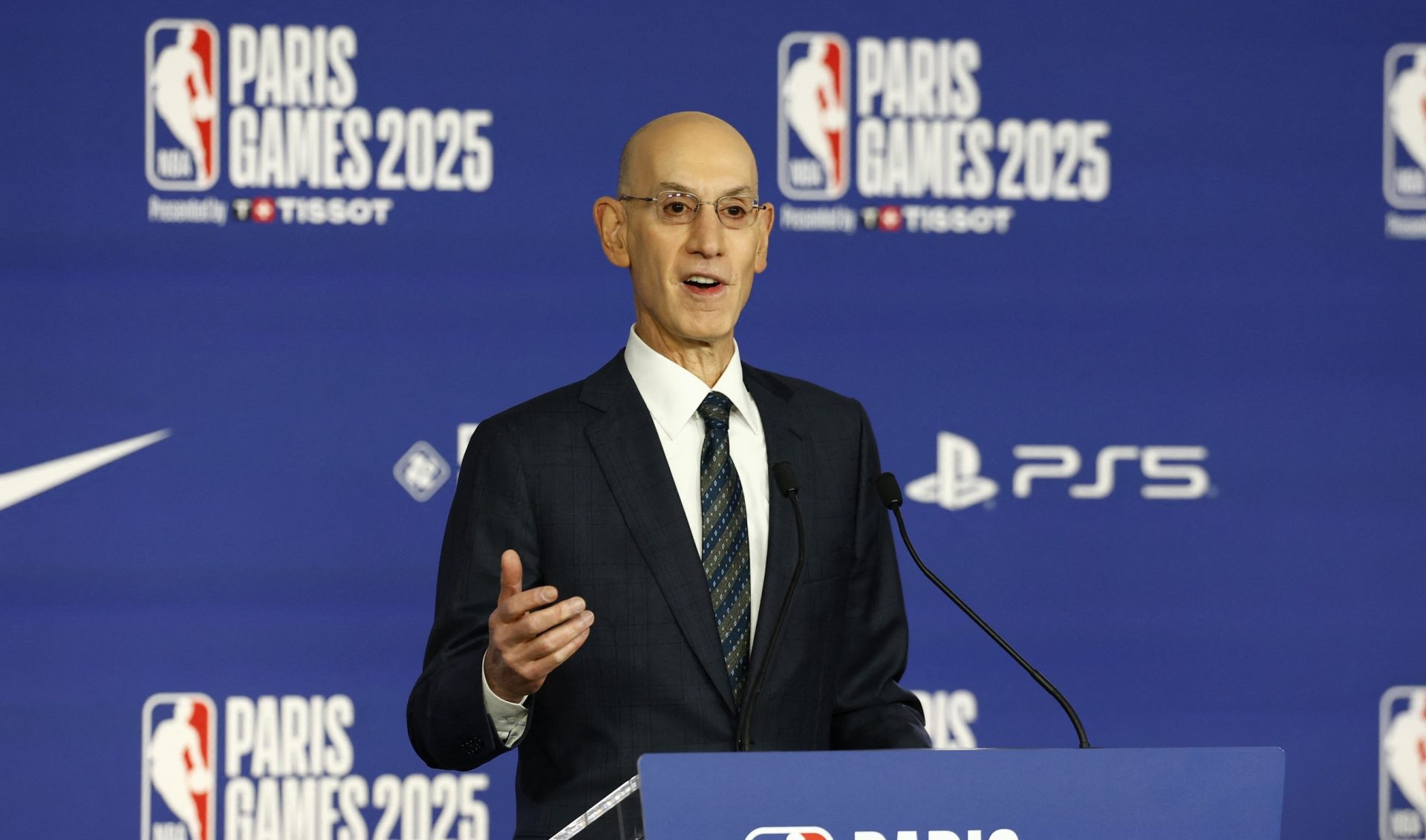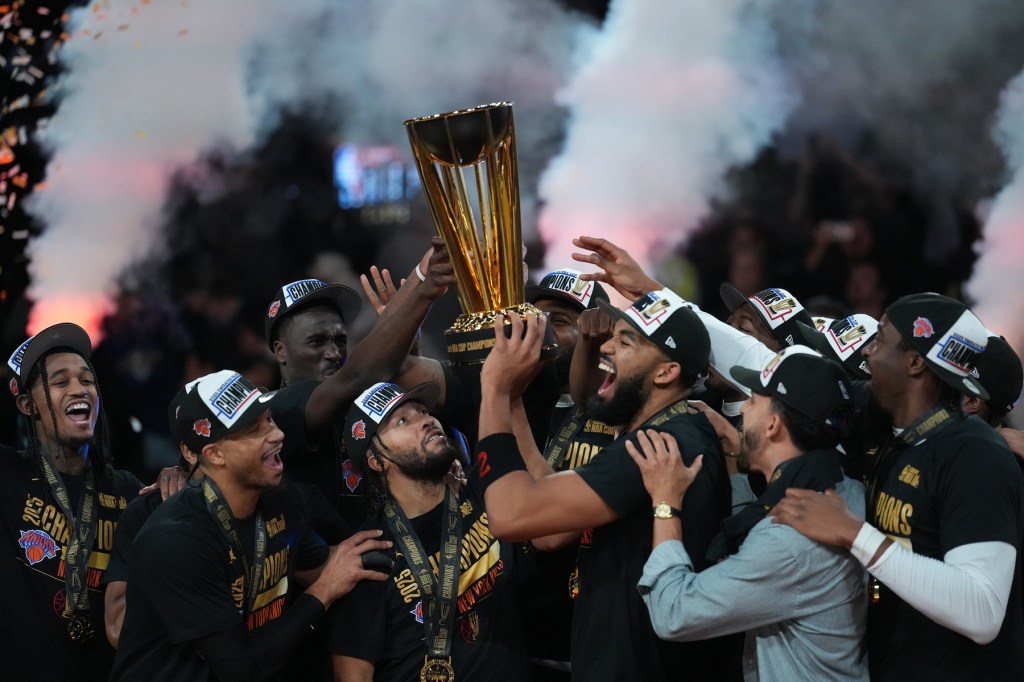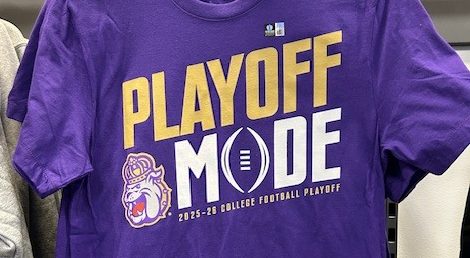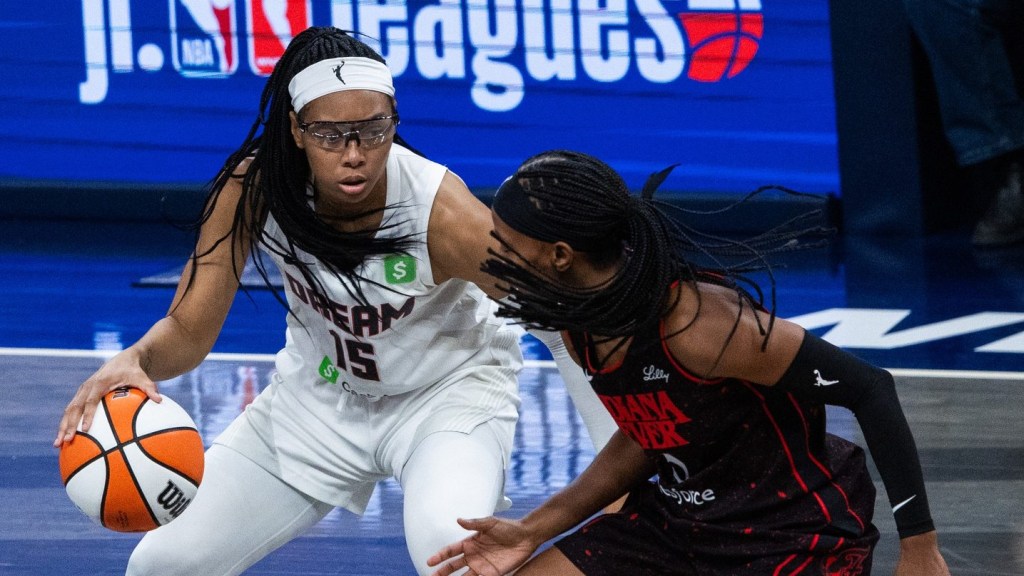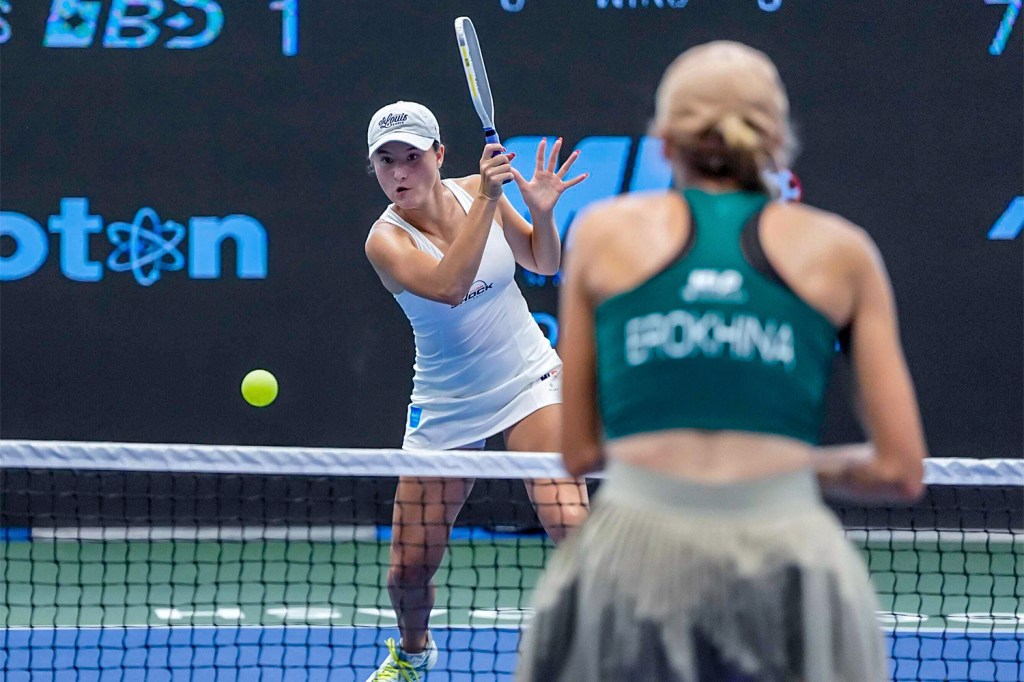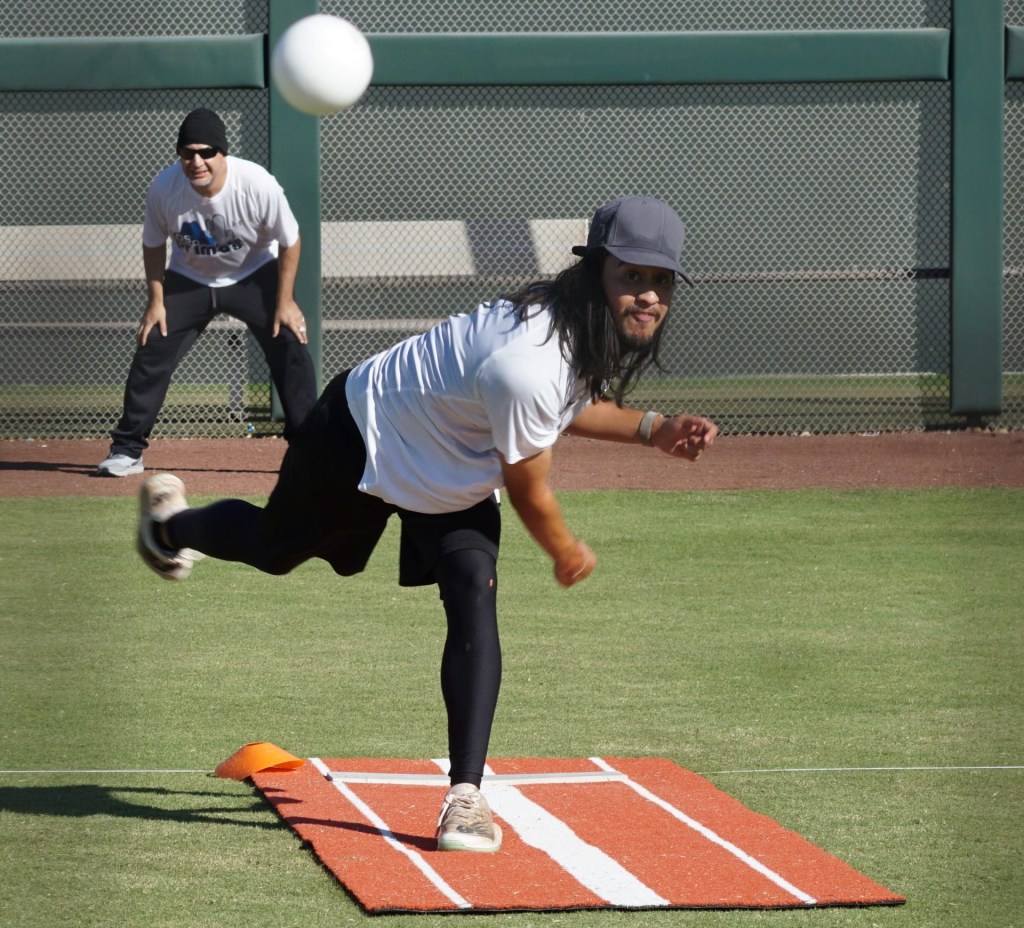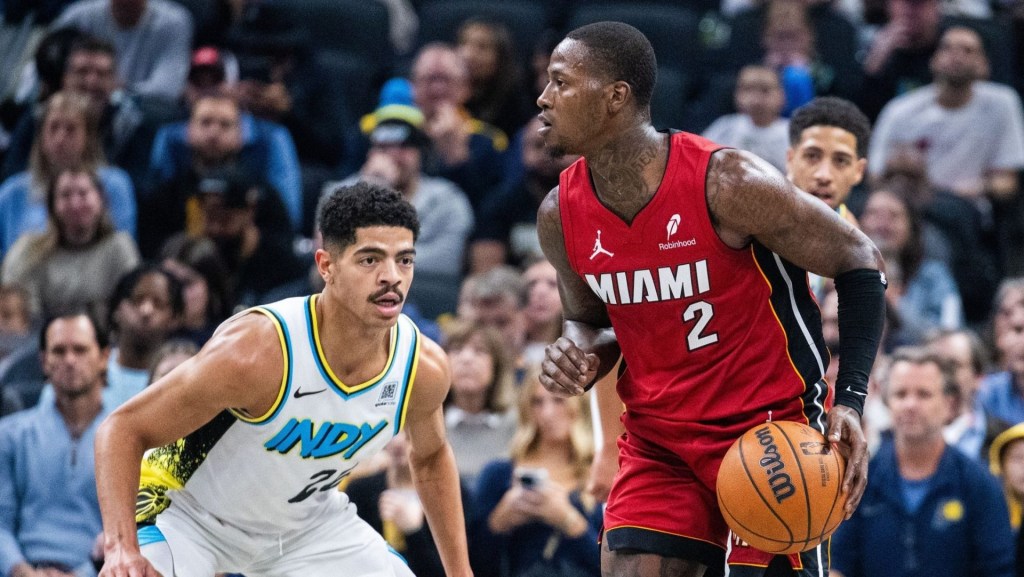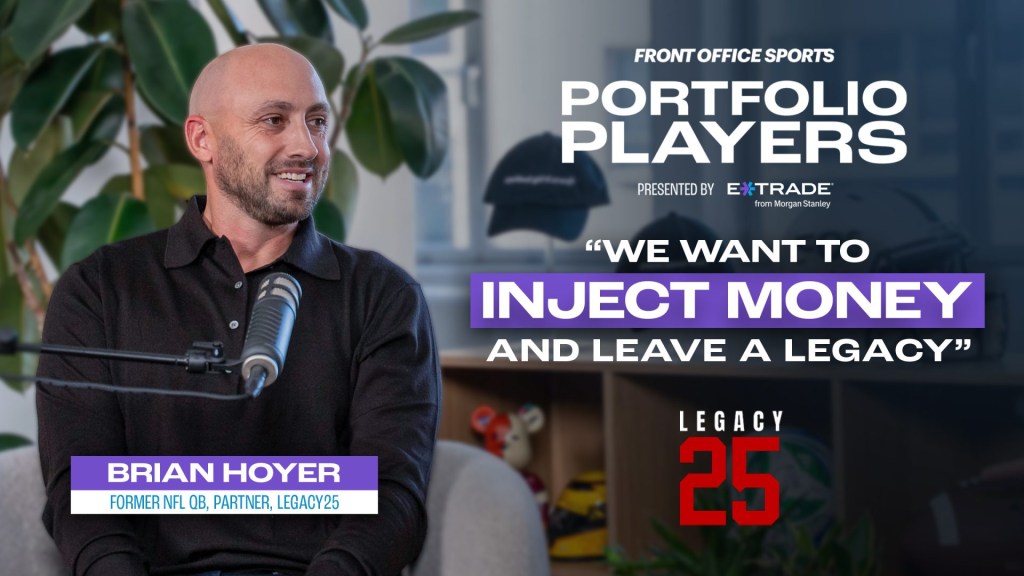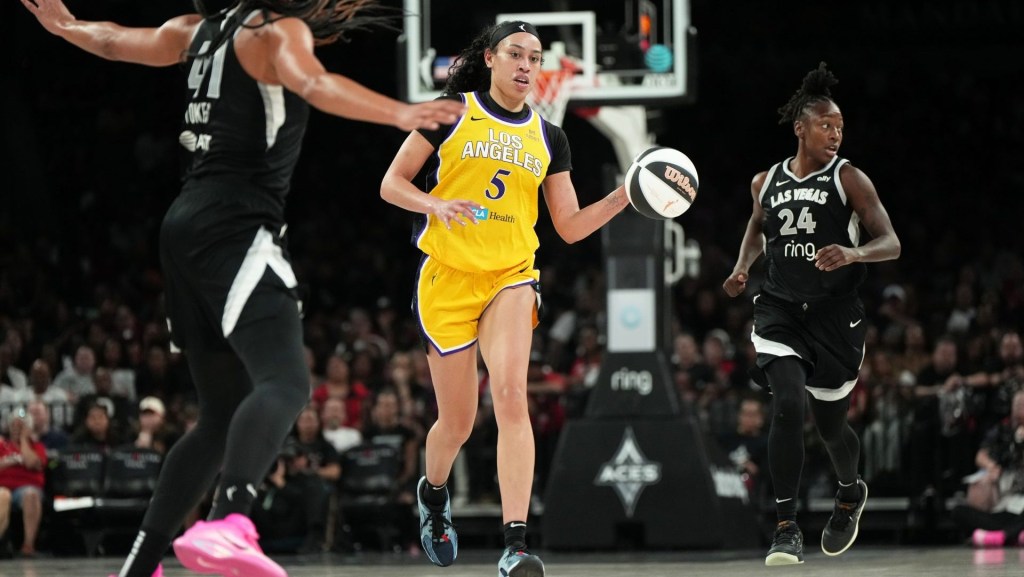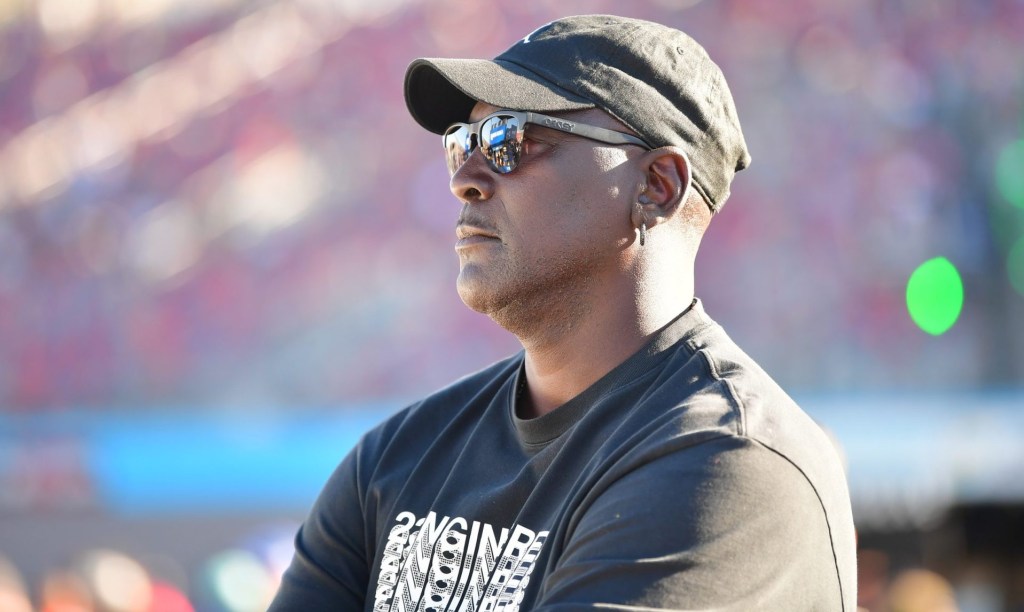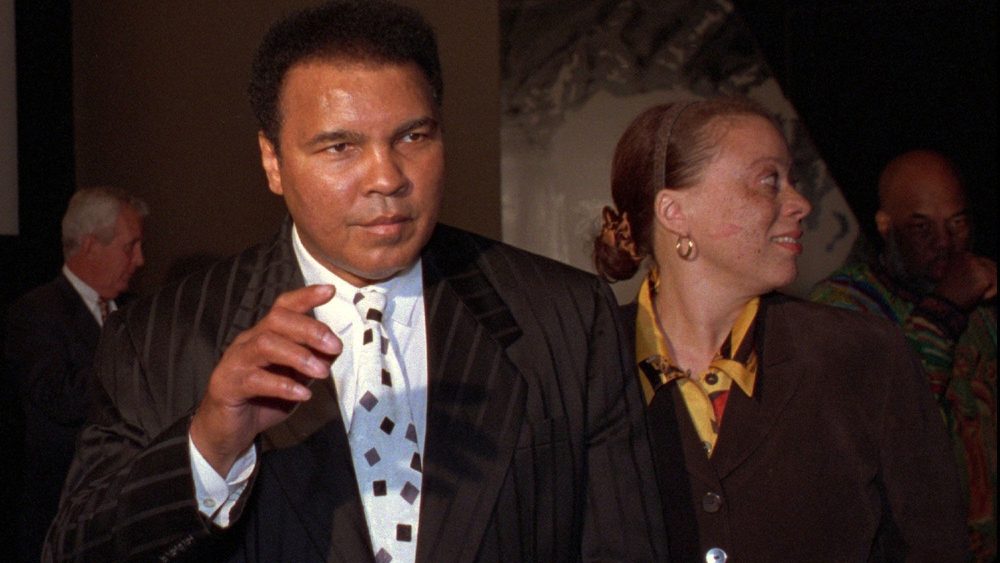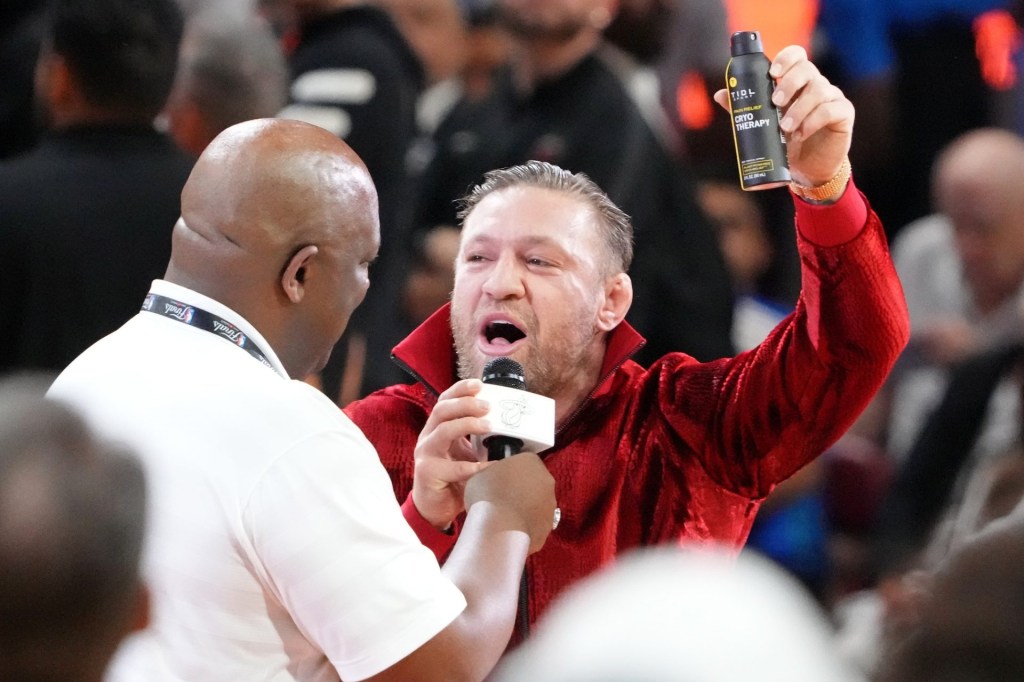The NFL is attempting to give the NBA an assist in court.
In 2023, a California man named Michael Salazar sued the league, alleging the NBA illegally violated his privacy by giving his data to Facebook and parent company Meta after he watched videos on the league’s website.
Salazar’s suit claims the NBA violated the Video Privacy Protection Act, a 1988 law that required video stores to protect their customers’ privacy.
The case was thrown out by the Southern District of New York in August 2023, but that ruling was vacated by the 2nd Circuit Court of Appeals in October 2024.
Now, the NBA is trying to get the U.S. Supreme Court to hear its appeal to drop hundreds of similar cases.
The NFL and the National Retail Federation asked the court to grant the NBA’s petition to halt hundreds of class-action lawsuits surrounding video privacy against leagues, schools, media companies, and other outlets that use Facebook cookies to track user data, which plaintiffs say violates the VPPA.
The law was written in 1988, after the video rental history of judge Robert Bork was published in a newspaper shortly after he was nominated to the Supreme Court. The law was amended in 2013 to account for online streaming, which included live sports and highlights, but both the NFL and NRF argue in their briefs that the law was enacted to protect physical purchase records and not with the internet in mind.
“The explosion of VPPA class actions presents a pressing issue for online content providers across the nation,” the NFL’s attorneys wrote in its brief. “The decision … threatens such providers with massive liability unforeseen by Congress and incommensurate with any conceivable harm suffered by consumers. The Court’s intervention is necessary to stem the swelling tide of meritless lawsuits under the VPPA.”
In its filing, the NFL wrote that circuit courts have given mixed rulings on VPPA-related cases, with two determining that a “consumer” within the law’s meaning without purchasing or renting a video, while another court ruled the opposite. “The resulting conflict makes this case indisputably ripe for the Court’s review,” the league said in its filing.
The NFL has dealt with its own share of VPPA-related lawsuits as have other professional sports leagues and other entities such as NBC and Paramount. It argued that by reviving the lawsuit, the courts broadened the statutes beyond what the law was intended for, which could lead to more baseless cases, such as if a fan bought a ticket and then watched a video on the league’s or team’s website, which would also open it up to a massive number of plaintiffs, given the number of sports fans.
“The purported harm that respondent and other plaintiffs identify—the disclosure of data concerning their viewing history to Meta, an entity with which respondent admittedly holds an account—is no real harm at all,” the NFL wrote.
The NFL pointed out how most fans prefer to watch ads over paying for content ad-free, according to its consumer surveys.
“Consumers are well aware that enabling the use of cookies permits personalized advertising, and they recognize that much of the content they view on the Internet is free as a result,” the NFL wrote in its filing.
Even with the NFL’s help, the NBA could face an uphill road to see its case reach the Supreme Court. The high court approves roughly 1% of its petitions, which need four judges to agree to hear the case.
Attorneys for the NBA and NFL did not immediately respond to requests for comment.
